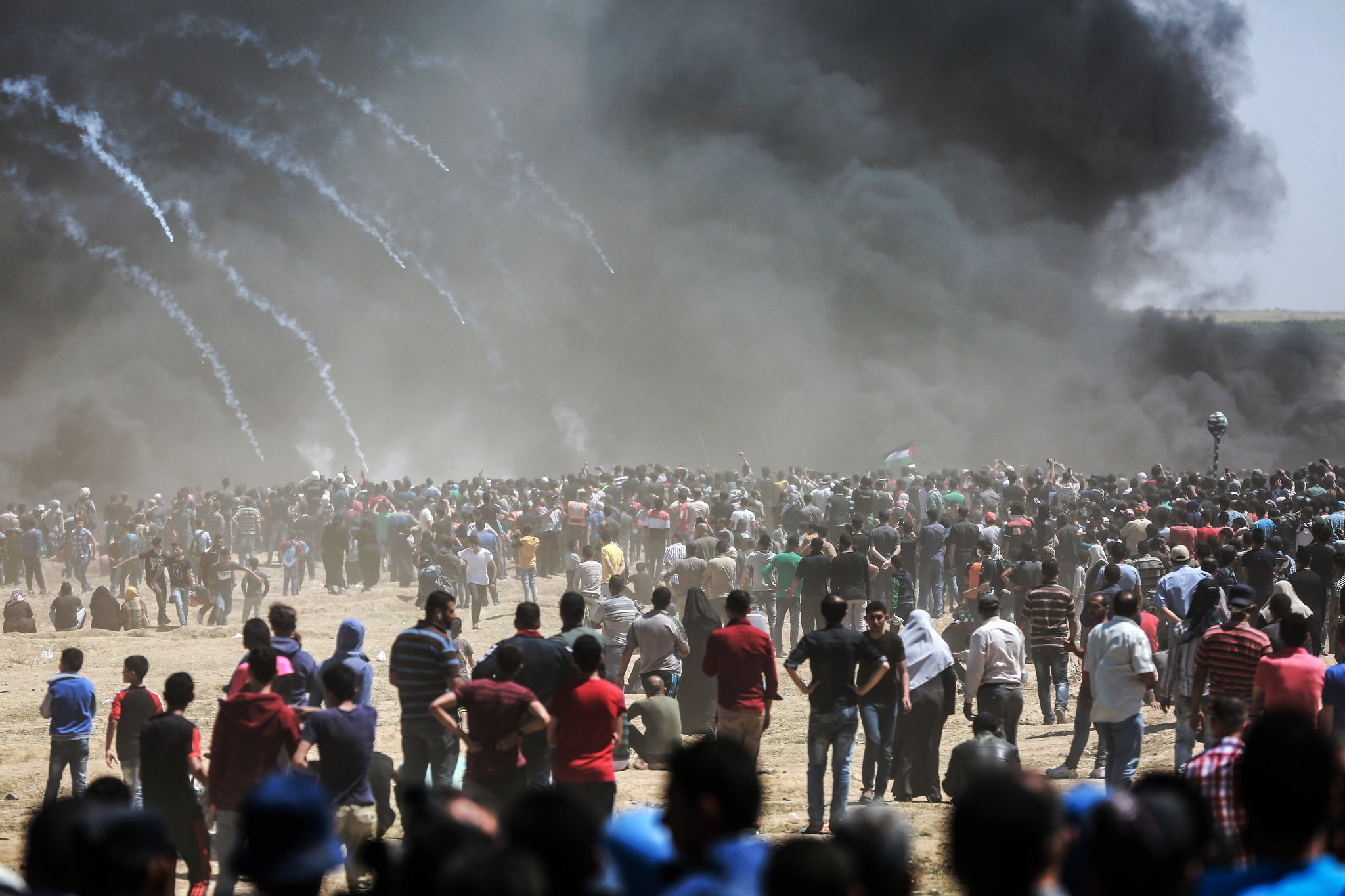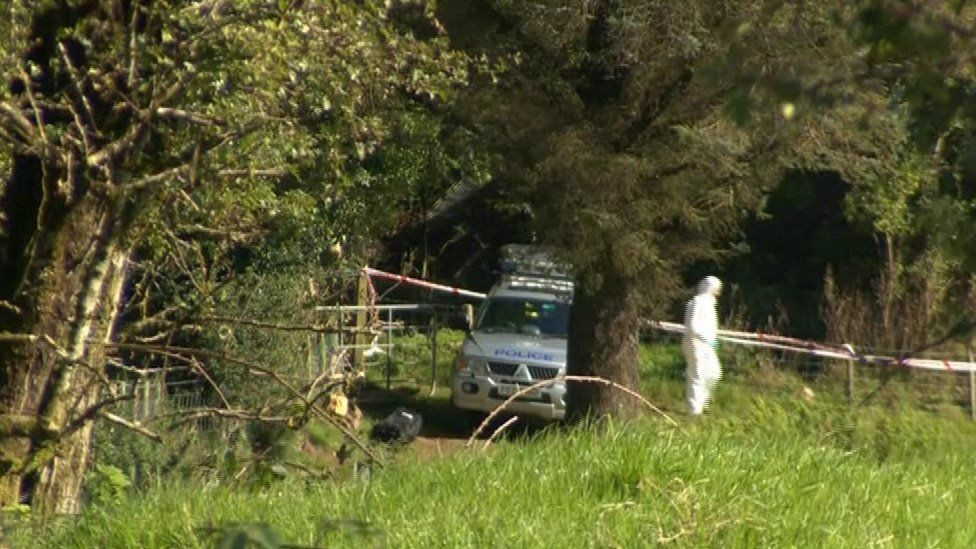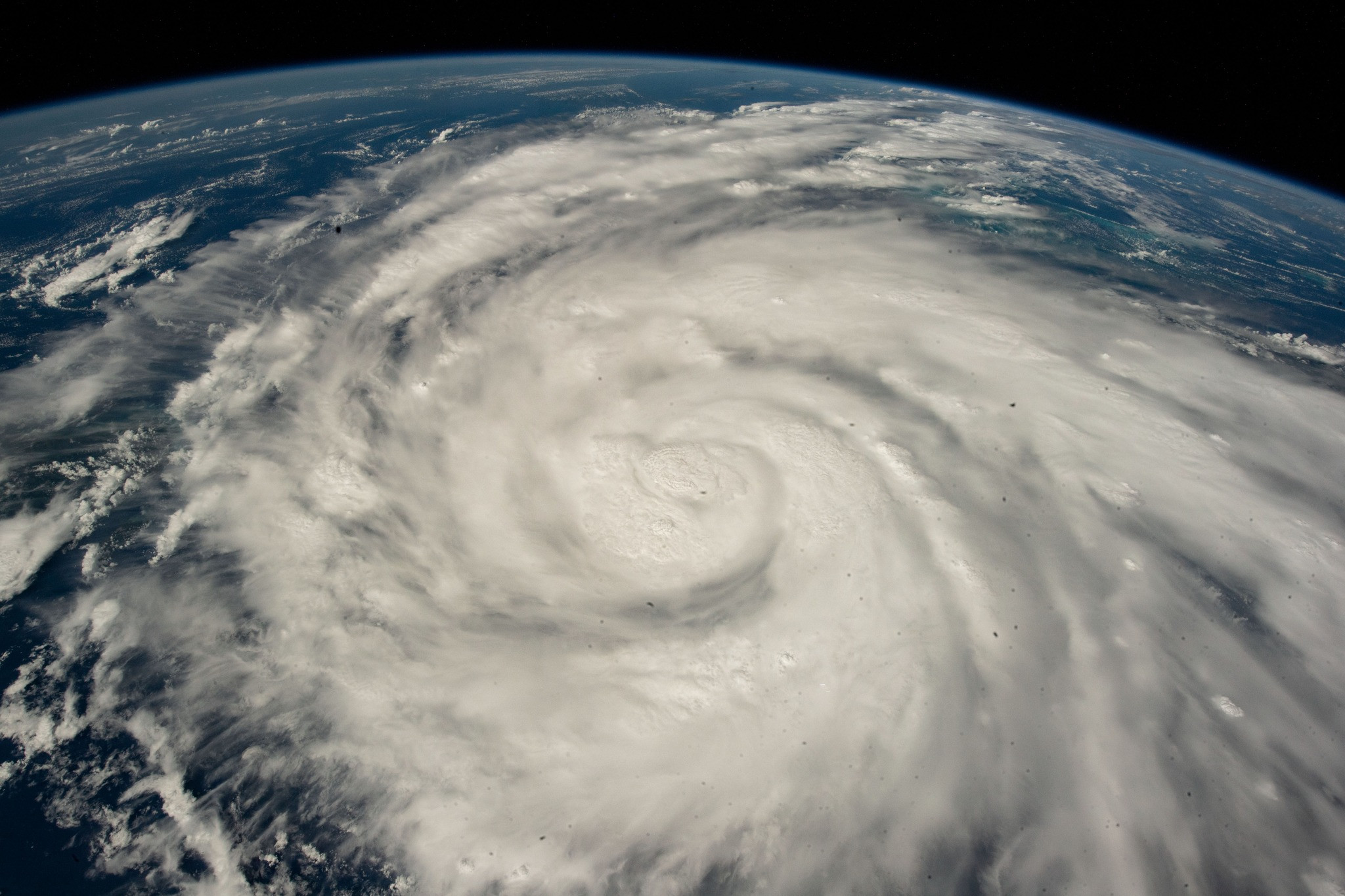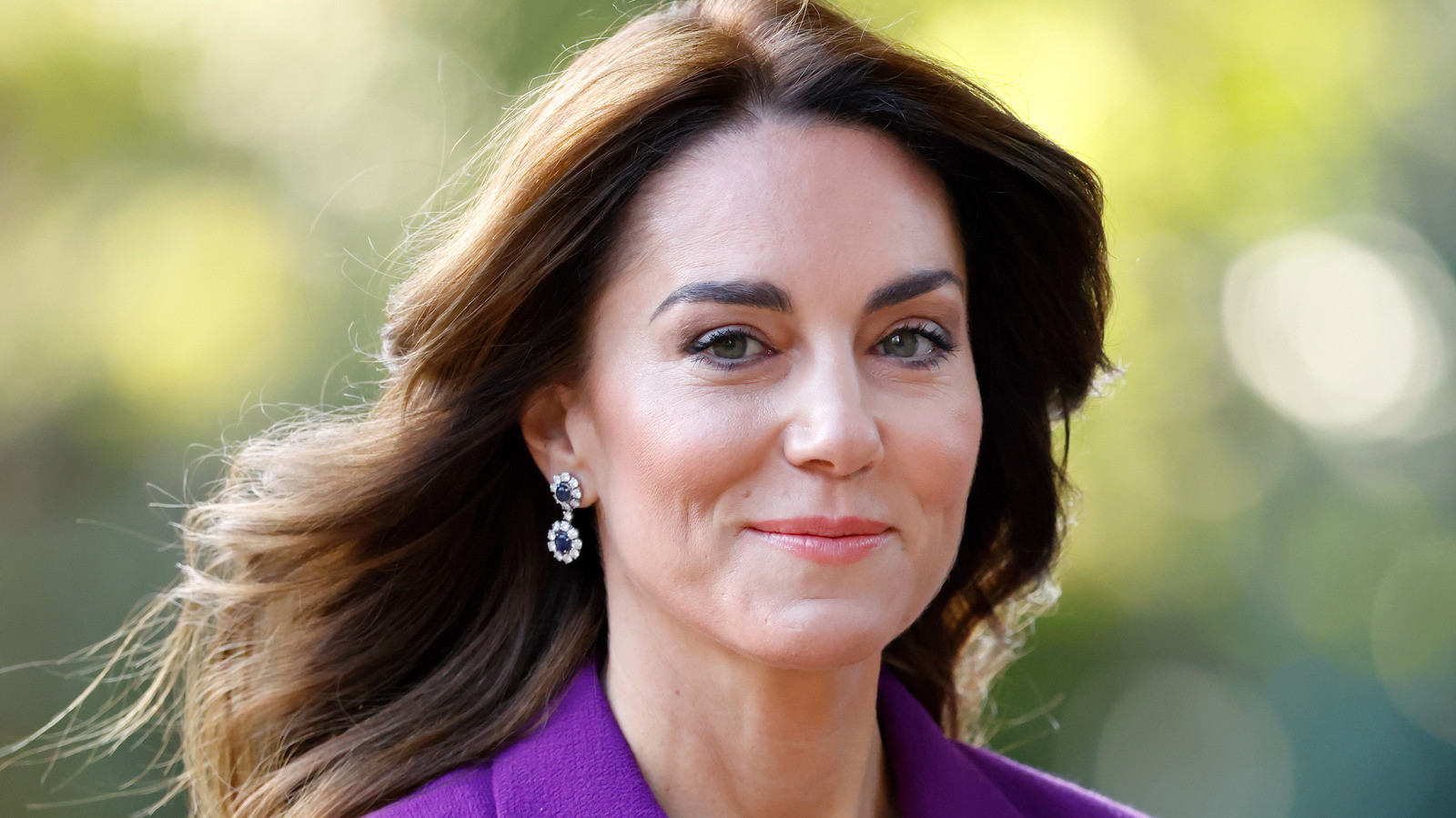Israeli soldiers have raided the Al Jazeera office in the occupied West Bank and ordered the bureau to shut down amid a widening campaign targeting the Doha-based broadcaster. The move comes as Israel intensifies its military offensive in the Gaza Strip, where Al Jazeera has been reporting on the conflict since the start of the war in October 2023.
Al Jazeera aired footage of Israeli troops storming its bureau in Ramallah on Sunday and ordering the office to be shut for 45 days. This follows an order issued in May that saw Israeli police raid Al Jazeera’s premises in occupied East Jerusalem, seizing equipment, preventing its broadcasts in Israel and blocking its websites.
The network later aired footage of Israeli troops tearing down a banner on a balcony used by the Al Jazeera office in Ramallah. Al Jazeera said it bore an image of Shireen Abu Akleh, a Palestinian-American journalist shot dead by Israeli forces in May 2022.
“There is a court ruling for closing down Al Jazeera for 45 days,” an Israeli soldier told Al Jazeera’s local bureau chief, Walid al-Omari, in the live footage. “I ask you to take all the cameras and leave the office at this moment.”
Al-Omari said Israeli troops began confiscating documents and equipment in the bureau, as tear gas and gunshots could be seen and heard in the area. Speaking later to the AP, al-Omari said the Israeli military cited laws dating back to the British Mandate of Palestine to support its closure order.
The Palestinian Journalists Syndicate denounced the Israeli raid and order. The New York-based Committee to Protect Journalists said the raid was “deeply concerning”.
“Journalists must be protected and allowed to work freely,” it said.
The network has reported on Israel’s war on Gaza that has killed 41,000 people. Al Jazeera has maintained 24-hour coverage in the Gaza Strip amid Israel’s grinding ground offensive that has killed and wounded members of the network’s staff.
Since the start of the war in October last year, Israeli forces have killed 173 journalists, according to a tally from the Government Media Office. International journalists have not been allowed to report independently from Gaza.
Al Jazeera’s Ismail al-Ghoul and Samer Abudaqa are among the journalists killed. Al Jazeera Arabic correspondent Ismail Abu Omar was also severely injured in an Israeli strike in February.
A Pattern of Suppression
The Israeli military’s raid on Al Jazeera’s Ramallah office is the latest in a series of actions taken by the Israeli government to suppress the network’s coverage of the ongoing conflict in Gaza. In May, Israeli authorities raided a Jerusalem hotel room used by Al Jazeera as its office after the government decided to shut down the Al Jazeera TV station’s local operations, saying it threatened national security.
The Israeli government has long complained about Al Jazeera’s operations, alleging anti-Israeli bias and accusing the network of being a “mouthpiece for Hamas.” The Qatari-based news network, which has produced on-the-ground reporting of Israel’s war against Hamas in Gaza, denies this. Several of its journalists have been killed or injured since the Gaza offensive began after the October 7 attacks.
International Condemnation
The closure of Al Jazeera’s Ramallah office has been met with widespread condemnation from international organizations. The Foreign Press Association (FPA), which represents foreign press in Israel and the Palestinian territories, said it was “deeply troubled” by what it described as an “escalation which threatens press freedom.” The FPA called on the Israeli government to reconsider the decision.
The Committee to Protect Journalists (CPJ) also condemned the raid, calling it “a criminal act” and an “affront to press freedom and the very principles of journalism.” CPJ called on Israeli authorities to stop harassing and obstructing Al Jazeera.
A Threat to Press Freedom
The Israeli government’s actions against Al Jazeera are a serious threat to press freedom. The closure of the network’s offices in both Jerusalem and Ramallah prevents journalists from reporting on the conflict in Gaza from the ground. This limits the public’s access to information and hinders their ability to understand the situation.
The Israeli government’s justification for its actions – that Al Jazeera is a threat to national security – is unconvincing. The network has been accused of bias against Israel, but these accusations are not supported by evidence. The network has a long history of reporting on the conflict in the Middle East, and it has been a valuable source of information for many people around the world.
The Israeli government’s actions against Al Jazeera are a clear violation of the right to freedom of expression. They also represent a dangerous trend of attacks on the media in the Middle East. The international community must speak out against these attacks and defend the right of journalists to report freely.
The Future of Al Jazeera
It remains unclear what the future holds for Al Jazeera in Israel and the occupied West Bank. The network has said that it will not be intimidated or deterred by efforts to silence its coverage. However, the Israeli government has shown that it is willing to go to great lengths to suppress the network’s reporting.
The closure of Al Jazeera’s offices is a significant setback for press freedom in the Middle East. It is a reminder of the challenges that journalists face in reporting on conflict zones, and it is a call for the international community to defend the right to freedom of expression.
The Price of Truth
The Israeli government’s actions against Al Jazeera are a clear attempt to control the narrative of the conflict in Gaza. The government wants to silence dissenting voices and prevent the public from seeing the reality of the situation on the ground.
Al Jazeera has played a crucial role in providing information about the conflict to the world. The network’s journalists have risked their lives to bring the truth to the public, and their work has been invaluable.
The Israeli government’s attempt to silence Al Jazeera is a dangerous precedent. It sets a dangerous precedent for other governments who may be tempted to use similar tactics to suppress critical reporting.
The international community must stand up for press freedom and protect the right of journalists to report the truth, no matter how uncomfortable it may be. The price of truth is high, but it is a price that we must all be willing to pay.

















